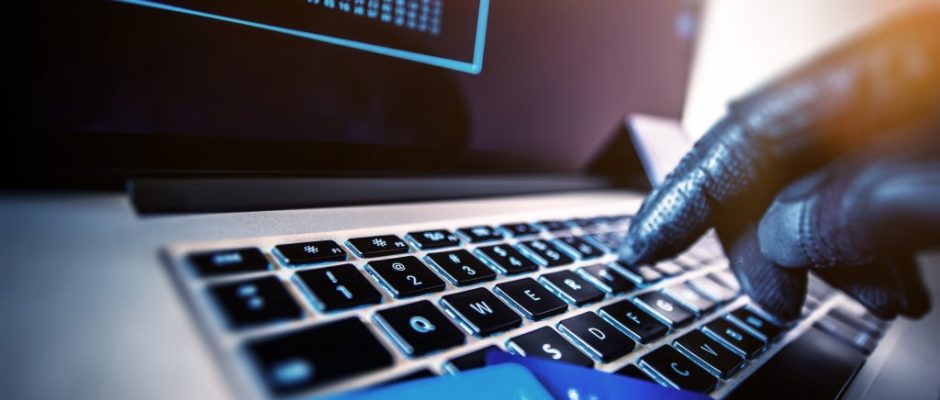BlackCat gives go-ahead for healthcare attacks
Following actions taken against the infamous BlackCat ransomware group in December by the US Federal Bureau of Investigation (FBI), the cybercriminal gang has warned it is taking off the gloves in its fight with law enforcement. BlackCat previously took pride in regularly announcing that it does not encourage or support affiliates who target crucial sectors such as healthcare. But this approach has changed radically since the end of 2023.
“Since mid-December 2023, of the nearly 70 leaked victims, the healthcare sector has been the most commonly victimized. This is likely in response to the ALPHV Blackcat administrator’s post encouraging its affiliates to target hospitals after operational action against the group and its infrastructure in early December 2023,” said the FBI.







